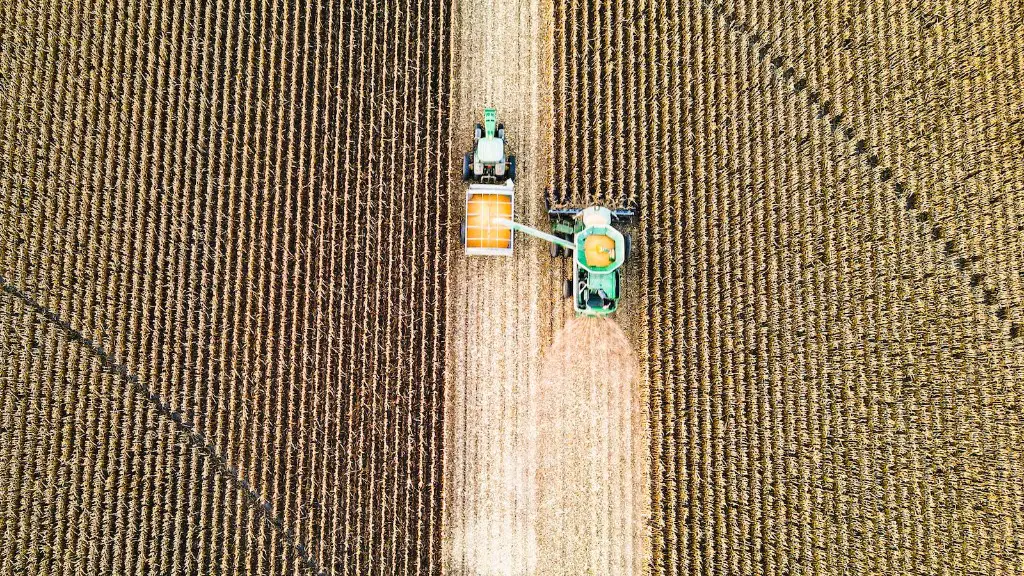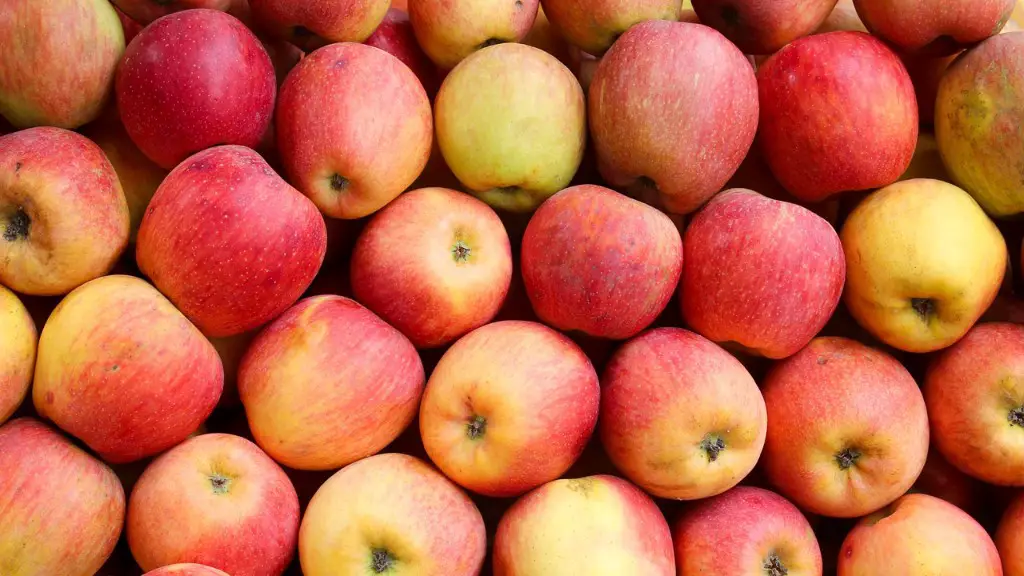With an estimated 254, 045 farms and ranches encompassing 248.3 million acres in Texas, the need to renew Texas agricultural or timber registrations is an understandably common occurrence. Who is eligible to receive such registrations, and what is the process for acquiring them? This article aims to answer those questions and more, so that all interested Texas residents will have an understanding of the process.
First, it is important to note that landowners and operators of agricultural or timber land in Texas are eligible for registration. These registrations, provided by the Texas Department of Agriculture, provide access to numerous benefits, such as exemption from certain taxes, as well as access to certain conservation and/or forestry programs. It is important to note that, in order to receive these benefits, all applicants must prove that they have legal ownership, or at least authority to operate, the land in question.
Once eligibility and/or ownership of a property has been established, there are numerous documents which must be filled out and submitted in order to apply for a registration. These documents include copies of legal documents concerning land ownership, notarized affidavits, a letter of understanding, proof of residency, and other legal forms relevant to each particular type of registration. Additionally, the applicant is expected to be prepared to pay the necessary registration fees.
Upon submission of all of the required documents and payment of the applicable fees, the Texas Department of Agriculture will review the application, verify the information provided and/or ownership of the property in question, and decide whether or not to approve registration for the applicant. Depending on theresults of the review and any other factors, the Texas Department of Agriculture may then issue an agricultural or timber registration number.
Once a registration number and certificate have been issued, they are valid for a limited period of time, usually four to five years. After the expiration of the registration period, landowners and operators must reapply for registration if they wish to continue to receive the benefits offered. This is done by filling out another application packet, including all relevant paperwork, proof of ownership, and payment of any applicable fees.
Once the application is submitted and approved, the Texas Department of Agriculture will issue another registration certificate with a new number and expiration date. It is important to note that applicants must renew their registration prior to the expiration date, or the certificate and benefits attached to it will be revoked.
Qualifications for Renewing Texas Agriculture or Timber Registration
In many cases, the same qualifications for initial registration apply for renewal of the registration as well. This means that applicants must prove that they have legal ownership, or at least authority to operate, the land in question, and must also submit all of the above mentioned documents, including proof of ownership, legal documents, notarized affidavits, proof of residency, and any other forms that apply to the particular type of registration. Additionally, the Texas Department of Agriculture reviews each application and may reject registration if they deem it necessary.
The Renewal Process
Much like the initial application process, applicants must complete an application packet when renewing their agricultural or timber registration. This packet should include all of the required documents, including proof of ownership, legal documents, notarized affidavits, proof of residency, and any other forms that apply to the particular type of registration. As in the initial application process, the Texas Department of Agriculture reviews the application and may reject registration if they deem it necessary.
Once the application is submitted and approved, the Texas Department of Agriculture will issue a new registration certificate with a new number and expiration date. This new certificate will typically be valid for four to five years before it needs to be renewed, depending on the type of registration and other factors. It is important to note that applicants must complete the renewal application process prior to the expiration of the current certificate, or the registration and benefits associated with it will be revoked.
Additional Information
When renewing an agricultural or timber registration in Texas, it is important to ensure that all documents submitted are up to date and accurate. Any errors within these documents could lead to the application being rejected, and in some cases, may even lead to criminal charges being brought against the applicant. If an applicant is unsure of the accuracy of the documents submitted, they should consult a lawyer who specializes in agricultural law.
Applicants should also ensure that all fees associated with the registration process are paid, as failure to do so will also lead to the application being rejected. It is also important that applicants are aware that there may be additional fees for certain types of registration and/or for any additional programs or benefits the applicant may wish to receive.
Conclusion
Regardless of the type of agricultural or timber registration an applicant is looking to acquire in Texas, the process of renewing an existing registration is largely similar and straightforward. Applicants must fill out an application packet with all of the required documents, including legal documents, notarized affidavits, proof of residency and ownership, and any other forms that may be relevant to the particular type of registration. The Texas Department of Agriculture will review the application, and may approve or reject it, depending on the results of the review. If approved, the applicant will receive a new registration number and certificate, valid for four to five years.




32046452978